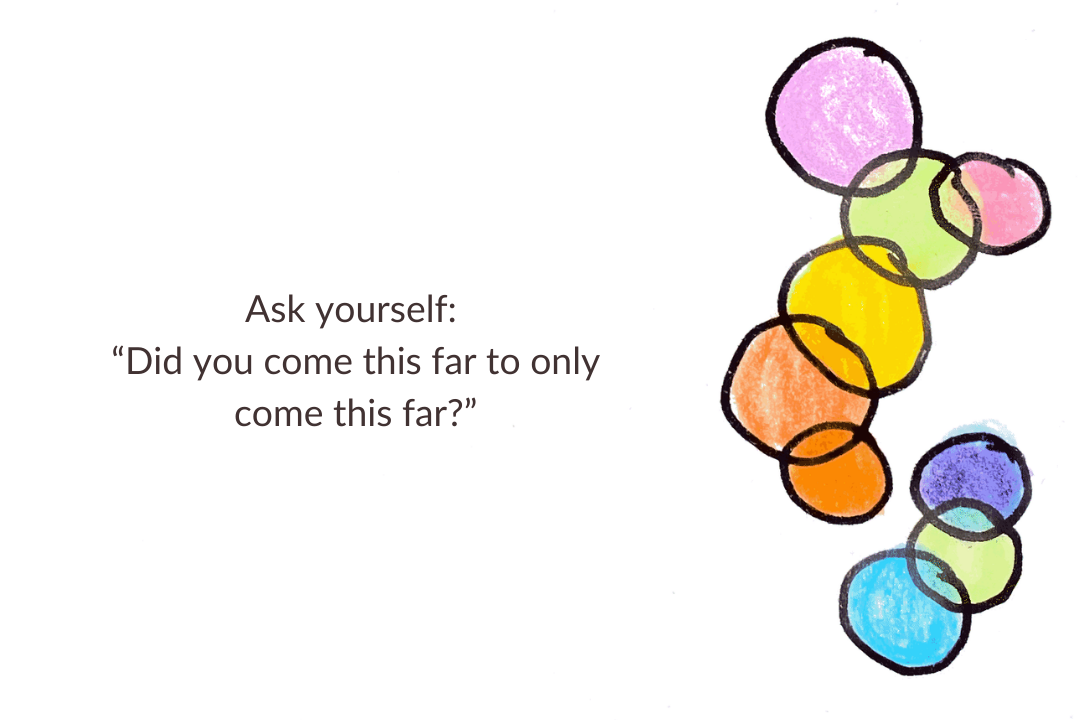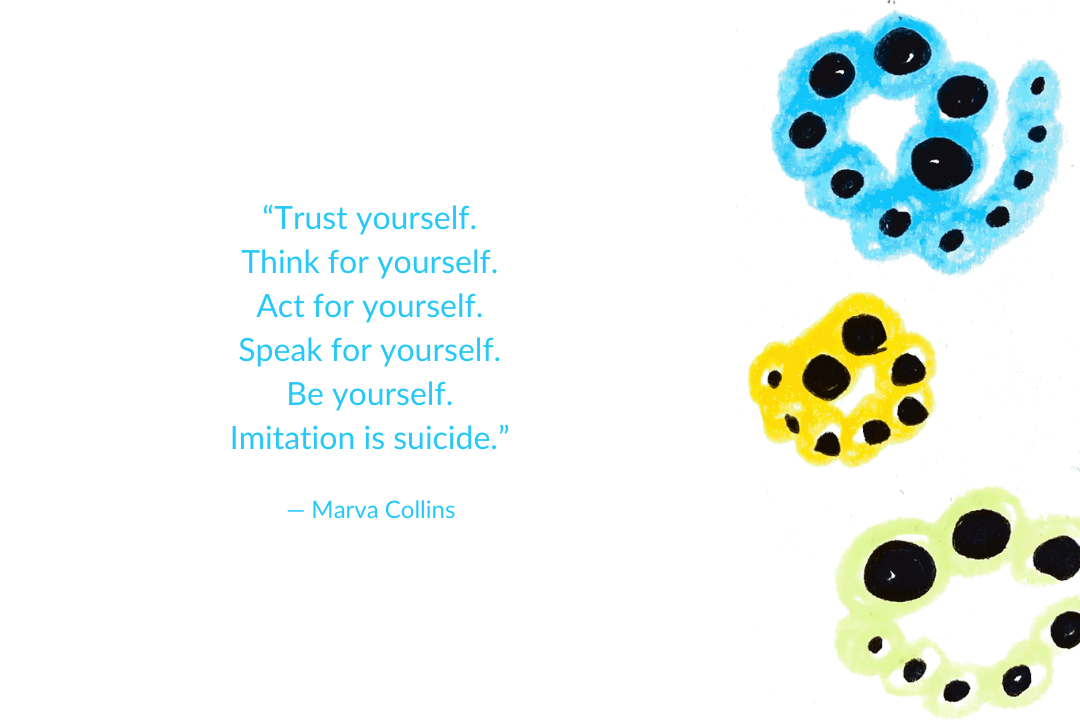Have you ever witnessed “analysis paralysis”? A lot of business leaders are faulted with cautiously procrastinating decisions until the “best” choice is in full view, and in doing so they become a competitive follower, miss the market opportunity, or create other cultural challenges in their organization.
Leaders will delay letting go an employee who is struggling, wreaking havoc on the company and customers, demotivating other high-performers, and delaying the chance to get someone in that role who will help create real growth and advancement.
Leaders will delay investing in a new market or technology for fear that the return will not materialize, only to find someone else beat them to market forcing them to a play a game for which they did not dictate the rules.
Leaders will observe things about the culture that when replicated at scale will keep the organization from achieving its highest performance (eg, things like lack of honest candor, lack of accountability, misaligned priorities). Letting it go until it demands correction (or takes the sacrifice of the leader themselves to regard).
Leaders might be hesitant to delegate to their teams and employees, communicating a lack of trust and throttling the capacity and velocity of the organization as they are personally involved in too many decisions. I have seen leaders of multi-billion-dollar corporations get involved in picking out the color of lobby furniture, selecting the IP telephony system, or the brand of copiers in the offices, to the detriment of the decisions that only they could make.
Why? Why can leaders behave in these ways that sabotage their businesses?
Ironically, it is because of a false sense of self-preservation that leads to these acts of self-sabotage. Let me explain.
Every business decision, above a certain scale and level of complexity, is a career decision. If you are the one allocating resources and setting priorities (which I would argue is every leader’s responsibility, starting personally and expanding to teams and organizations), then the pressure is on to make the “right decisions.”
All eyes are on you, it would seem, and the organization, shareholders, communities, and customers are counting on you!
That kind of pressure can narrow your focus, can dial up fear, and can cause leaders to try to control what they can. But this is generally the opposite of what is called for in these situations.
The role of the leader is to enable their team to be successful, satisfying the needs of customers. This means having the right talent, making the right resources available, and building a culture of high-velocity learning that differentiates your business long-term.
In my new book, Well Made Decisions, I hope leaders find the tools and most of all, the confidence, to lead their organizations in different ways. By focusing on the process and anticipating and monitoring implementation, only then can they achieve success for their teams, their organizations, and ultimately their careers.
This article originally appeared on wellmadedecisions.com.


































